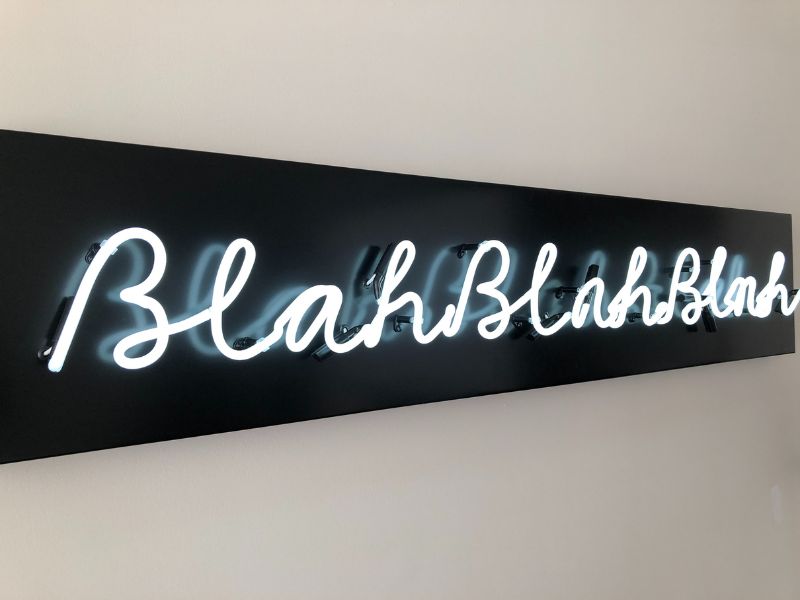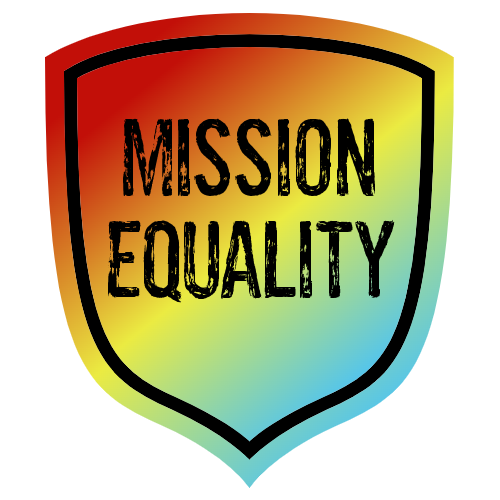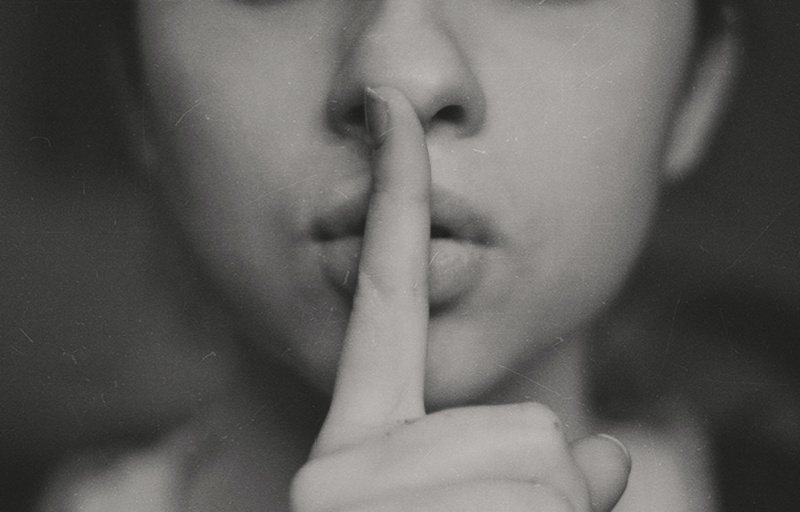
Black History Month: Take Action!
October is Black History Month. This year the theme is ‘Time For Change: Action Not Words’. As an aspiring anti-racist ally, I have started to realise that the promise of Black History Month, like Pride month, is rarely matched by the reality. Rather it is often a month-long exercise of organisations blowing smoke up their own proverbials and congratulating themselves on their ‘diversity’ efforts. Basically a whole lot of talk and back slapping for a month and then back to the business of Black crickets. Words Not Action.
So for this post, I thought I’d write about Black History Month, not at the start of the month when everyone jumps on the bandwagon for the requisite 31 days, but near the end. It is intended to be a reminder that EVERY month can be Black History Month, especially when so much Black history has been whitewashed.
I’ll share some Black History resources that I have become aware of and some suggestions for doing something as well as just reading stuff. (First rule of anti-racism work: You’ve got to actually DO something with what you learn! If in doubt think #WWSD – #What Would Sharon Do? That’s Hurley Hall if you’re wondering…her book is below and she co-facilitates the Anti-Racist Leaders Association here at DLG)
This learning is all very new for me and I am, as always, very grateful for the Global Majority teachers, creators and the legend that is Sharon who share this knowledge for white people like me to educate ourselves with whole, rather than partial, truths.
1. Find out more about UK Black History Month 2022, and discover the origins of Black History Month in the UK
2. Learn why it’s important to capitalise the ‘B’ in Black – This post and article from Abi Adamson explain why that B is so important.
3. Do you know who the first Black person in space was? Neither did I. Here’s Ernest Crim III telling us who and why we might not know…
4. Did you see the outrageous white fragile furore over the casting of a Black mermaid in Disney’s remake of The Little Mermaid? Here’s some nuggets explaining why white peoples’ attitudes were both offensive and why a Black Mermaid is mythologically accurate.
5. Think about Ethiopia and, if you’re British, I can pretty much guarantee that the first two things you think of are Bob Geldof and famine. But Ethiopia is much more than that moment of history: Seat of the Kingdom of Aksum, a wealthy and influential civilization and an empire that survived for centuries. Ethiopia was also one of only two African countries never to have been colonised. (Thank you Mandy). As Jermaine Fowler tells us, it was considered one of the four great World powers along with Persia, China and Rome. Watch this BBC documentary about Ethiopia.
6. I recently read the book “The Underground Railroad” by Colson Whitehead. I had never heard of the idea of an Underground Railway. Have you? Basically it was a whole network of secret routes and safe houses that grew in the USA between the early and mid-19th century as a way for enslaved African Americans to escape into Canada or free states in the U.S.
7. Black music has been a form of empowerment and resistance throughout history. Check out these resources on Call and Response music and its history and read why Aretha Franklin was under surveillance by the FBI for years.
8. If you want to make sure you are reading ALL the stories within Black history. Here’s some intersectional resources. Prim is a digital storytelling platform born out of not seeing enough Queer Black stories or Black stories in general. Lauren ‘Lolo’ Spencer has a great account with the tagline ‘disability is my lifestyle’. And this is an interesting thread about Colonialism and Pride (and therefore about Black AND other Global Majority people for transparency).
9. Have you heard of Julie Felix? She was the UK’s first Black ballerina and yep, you guessed it, has experienced a lot of racism in her career from the white British world of ballet.
10. Finally, learn more about how Black Joy is an act of resistance.
All Words & No Action Make For A Performative Black History Month So What Can You DO During Black History Month & Beyond?
1. Join Ernest Crim III for The Black History Book Club – “This is NOT a regular book club. The goal is to empower, educate and strategize ways for us to eradicate systemic racism in our own communities, in addition to reading together” (US based).
2. Follow, purchase from and share Black History accounts:
- Jermaine Fowler at The Humanity Archive
- The Black Curriculum
- Black U.S History teacher, Ernest Crim III
3. Sign up for the Black History Month 2022 newsletter and grab a resource pack for October and beyond. Then do something with the resources!
4. Shop from, and tell your networks about, Black owned businesses – Here are five Black owned booksellers in the UK for starters.
Follow @merkybooks on Instagram – an award winning book publisher created by rapper and singer/songwriter, Stormzy, and Penguin books that is home to underrepresented voices.
5. Buy, read, review and promote:
- Jermaine Fowler’s (of @thehumanityarchive on IG) debut Black History book: The Humanity Archive: Recovering the Soul of Black History from a Whitewashed American Myth
- Sharon Hurley Hall’s “I’m Tired of Racism”
6. Follow @blackhistorywalks and take a walk, bus ride, river cruise or online course around London’s Black History or Black history themes.
7. Explore the Black Cultural Archives, both in-person and online
8. Subscribe to and share this global Black History newsletter and join their Slack group
9. Amplify opportunities for, and resources by, Black creators in your networks by following, sharing and purchasing their work. Speak up when you see performative anti-racism, a lack of meaningful diversity, racism and racist ‘micro’aggressions during Black History Month and beyond
10. Step up your anti-racism work:
- Join and tell your networks about Diverse Leaders Group’s Community
- Sign up for the Anti-Racist Leaders Association
- Subscribe to Lea Jovy-Ford’s “Doing Business Differently” newsletter where she talks about how to build a diverse business from the ground up
Thanks for reading and taking action! This fragile white female will see you next time.
Image Credit: Nick Fewings @jannerboy62


